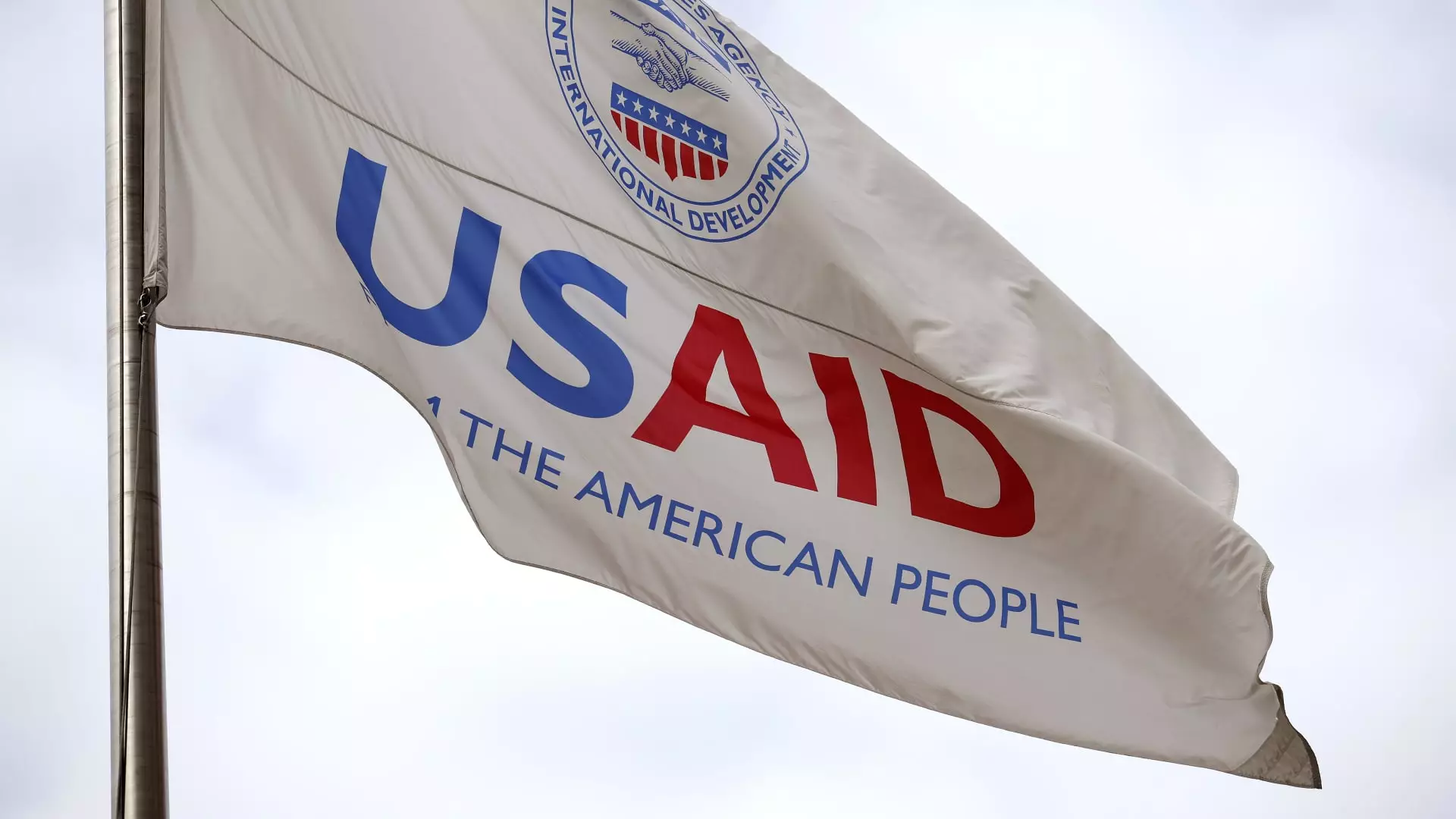In a shocking and heartbreaking turn of events, the recent layoffs of three U.S. aid workers in Myanmar highlight a devastating reality stemming from the drastic cuts to foreign aid implemented by the Trump administration. As they strived to provide critical humanitarian assistance in the aftermath of a catastrophic 7.7 magnitude earthquake that has claimed over 3,300 lives, these workers were informed of their imminent termination. Such actions not only undermine the morale of dedicated employees but send a chilling message about the priorities of a government that should be stepping up in times of crisis.
The Pitfalls of a Disjointed Disaster Response
Marcia Wong, a former deputy administrator of USAID, articulated the alarming impact of this layoff news. In her words, the disbanding of a team that devoted its efforts to aid those in dire need cannot be seen as anything less than severely demoralizing. The stark reality is that a robust and immediate response is essential in disaster-stricken areas, where individuals are left to fend for themselves amidst the debris and devastation. Instead of bolstering support for humanitarian efforts, the Trump administration has relentlessly pursued policies that undercut the very fabric of these initiatives.
As competing nations like China, India, and Russia rush to provide aid, the U.S. finds itself lagging behind, unable to assert its historical position as a humanitarian leader. The alarming trend of dismissals and diminished funding at USAID reflects a broader ideological stance that equates foreign assistance with wastefulness—a notion that risks the well-being of countless lives depending on timely international support.
The Dangers of Bureaucratic Efficiency Over Compassion
With billionaires and streamlined governmental operations pulling the strings, the current emphasis on “efficiency” in disaster response raises ethical concerns. When specialized contractors and experienced personnel are eliminated under the guise of budget cuts, we lose more than just money; we lose expertise, empathy, and the capability to save lives. It seems callous to allow profits and efficiencies to overshadow the responsibility of aiding those violently displaced by disaster.
In the wake of such turmoil, Secretary of State Marco Rubio’s comments about Myanmar being a challenging environment further exemplify the administration’s unwillingness to acknowledge its failures in humanitarian response. By attributing slow response times to the complexities of military governance in Myanmar, we deflect accountability rather than seeking innovative solutions to navigate these challenges.
The Unraveling of Humanitarian Principles in U.S. Policy
As the landscape continues to shift, the implications of these actions extend beyond the borders of Myanmar. The fundamental principles of international aid and assistance are being unraveled, and if America steps back from its role as a leading humanitarian donor, who will fill that void? This question looms large amid global crises that only intensify with each passing moment. For those affected by the earthquake, the true tragedy lies not only in the destruction of their homes but in the dismantling of whatever hope for recovery the international community could have provided.
The heart-wrenching narrative of dedicated aid workers sacrificed on the altar of efficiency and reduced budgets serves as a somber reminder that compassion must never be sidelined in favor of cold calculations. The events unfolding in Myanmar should serve as a critical wake-up call—a call to recognize our shared humanity and the urgent need for reformed policies that prioritize the preservation of life over the relentless pursuit of fiscal austerity.


Leave a Reply